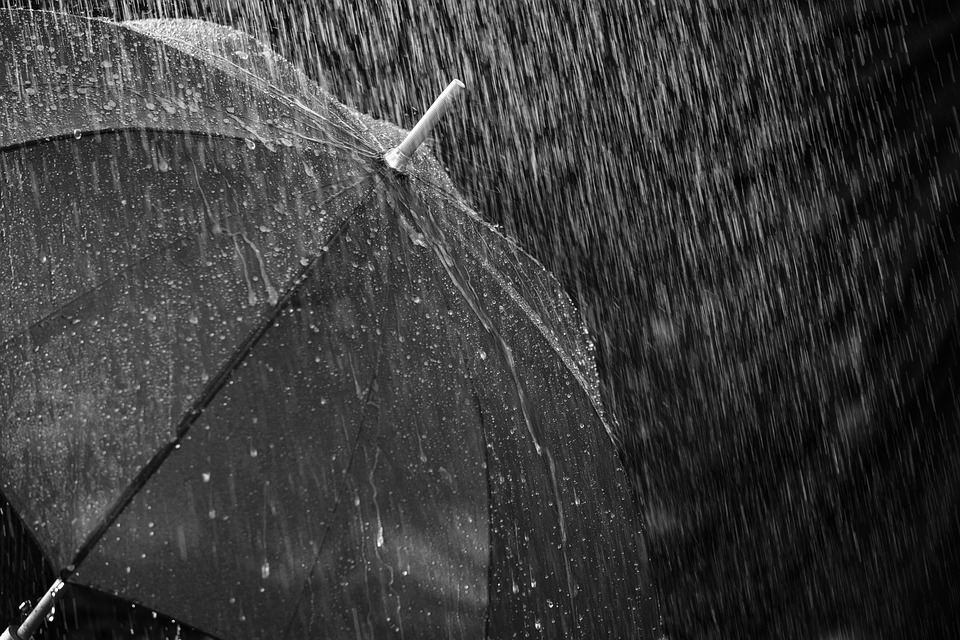When we lived in South Florida, fall sometimes brought rainstorms so strong that driving became impossible. The cascading downpour prevented drivers from being able to see through their windshields. They pulled their cars to the side of the road, waiting for the sheets of rain to subside.
Those torrential storms remind me of legalism.

Some believers are not familiar with the term legalism, or aren’t sure whether they’re under such a doctrine. Basically legalism (any set of religious rules) requires a person to obey a list of do’s and don’ts.
Disobeying those requirements leads to:
- Guilt and condemnation, at best,
- Judgmental looks and comments from other church members,
- And possibly impoverishment, sickness, or death–either yours or a loved one’s. (That’s what extreme legalistic church leaders threaten.)
 I was surprised to discover that the dictionary defines legalism as: “Dependence on moral law rather than on personal religious faith.”
I was surprised to discover that the dictionary defines legalism as: “Dependence on moral law rather than on personal religious faith.”
Even the writers of a dictionary know the distinction between, and opposition of, legalism and grace! One requires obedience and the other requires faith.
The more rules we try to obey, the less we’ll trust in God’s grace and righteousness received by faith.
Paul points out this obvious distinction repeatedly throughout the book of Romans, but perhaps never more clearly than in Romans 11:6:
But if it (our righteousness) is by grace, it is no longer on the basis of works, otherwise grace is no longer grace.
Righteousness cannot stem from two distinct sources–both works and grace.
We’ll either trust our obedience to earn righteousness—hoping our successes outweigh our failures–or we’ll receive righteousness as a gift, completely independent from our behavior, and solely based on Christ’s obedience on our behalf.

It’s like trying to keep our hair dry during a rainstorm. We can either walk under an umbrella, or forgo the umbrella and run as fast as we can. We cannot do both. We are either under the umbrella or we’re not.
No one can run fast enough to stay dry! Attempting to elude raindrops is like trying to live up to a legalistic standard.
But Jesus wants to be our umbrella.
The traditional Chinese character for righteousness consists of the word “lamb” over the word “me”. That’s a perfect picture of how we attain right standing before God. It has nothing to do with observing any law. It’s about placing ourselves beneath the Lamb of God, and simply staying there, protected!
One day we’ll all appear before Him and He’ll ask if our hair is wet. If it’s not, then we’ll thank Him profusely for being our umbrella, taking no personal credit. But if our hair is wet, then we’ll have to explain how we diligently tried to dodge the rain, running even faster than the next person. But anyone with wet hair will not pass the test.
So get under the umbrella of Jesus!


I love your analogies, Carrie! Very helpful to keep those images in my head, along with your words. Thanks for your insight.